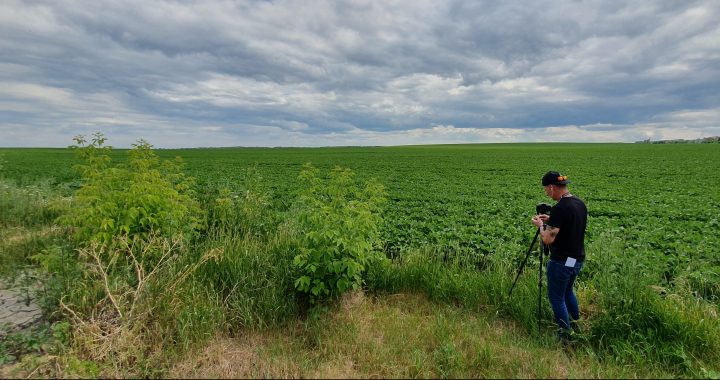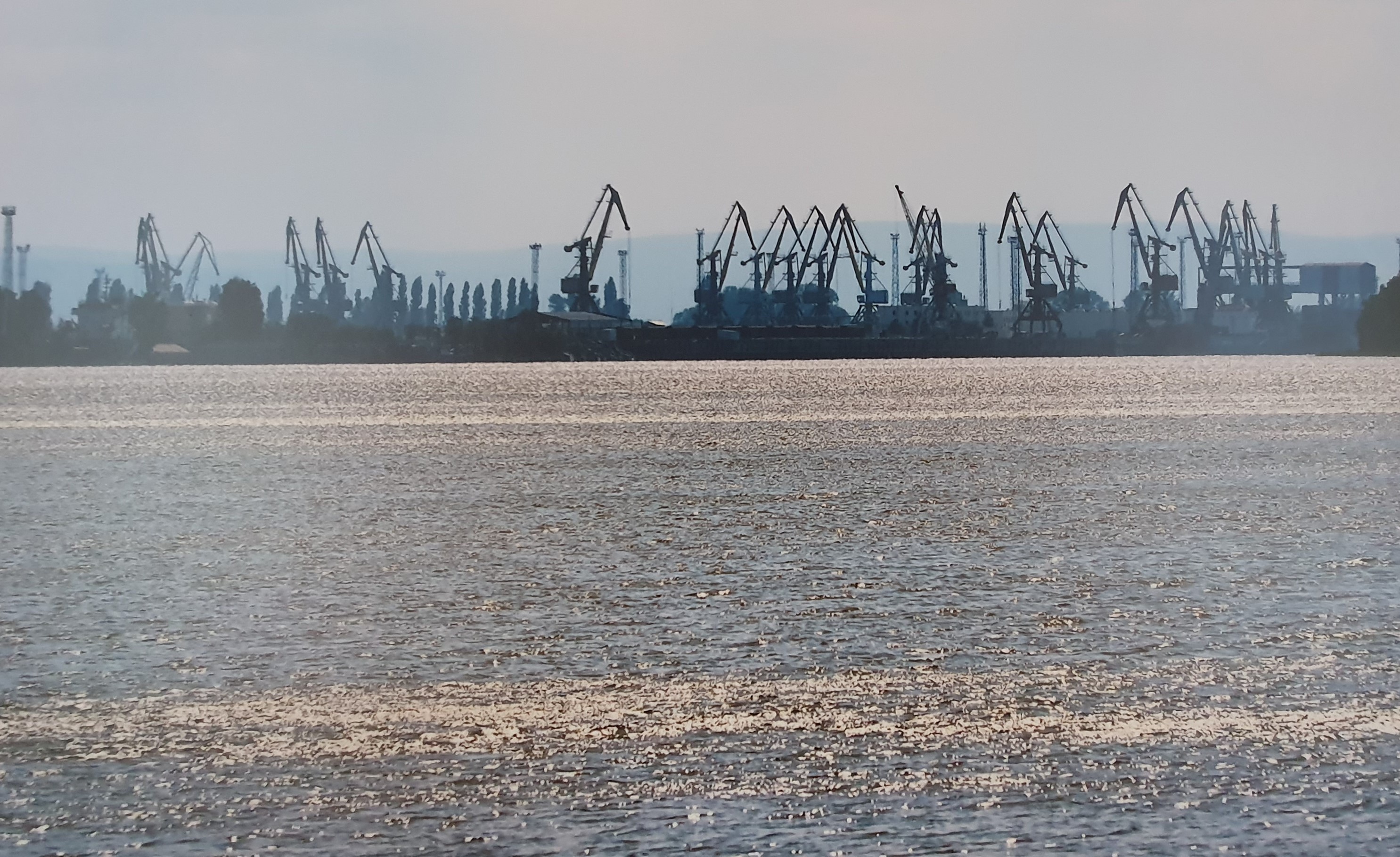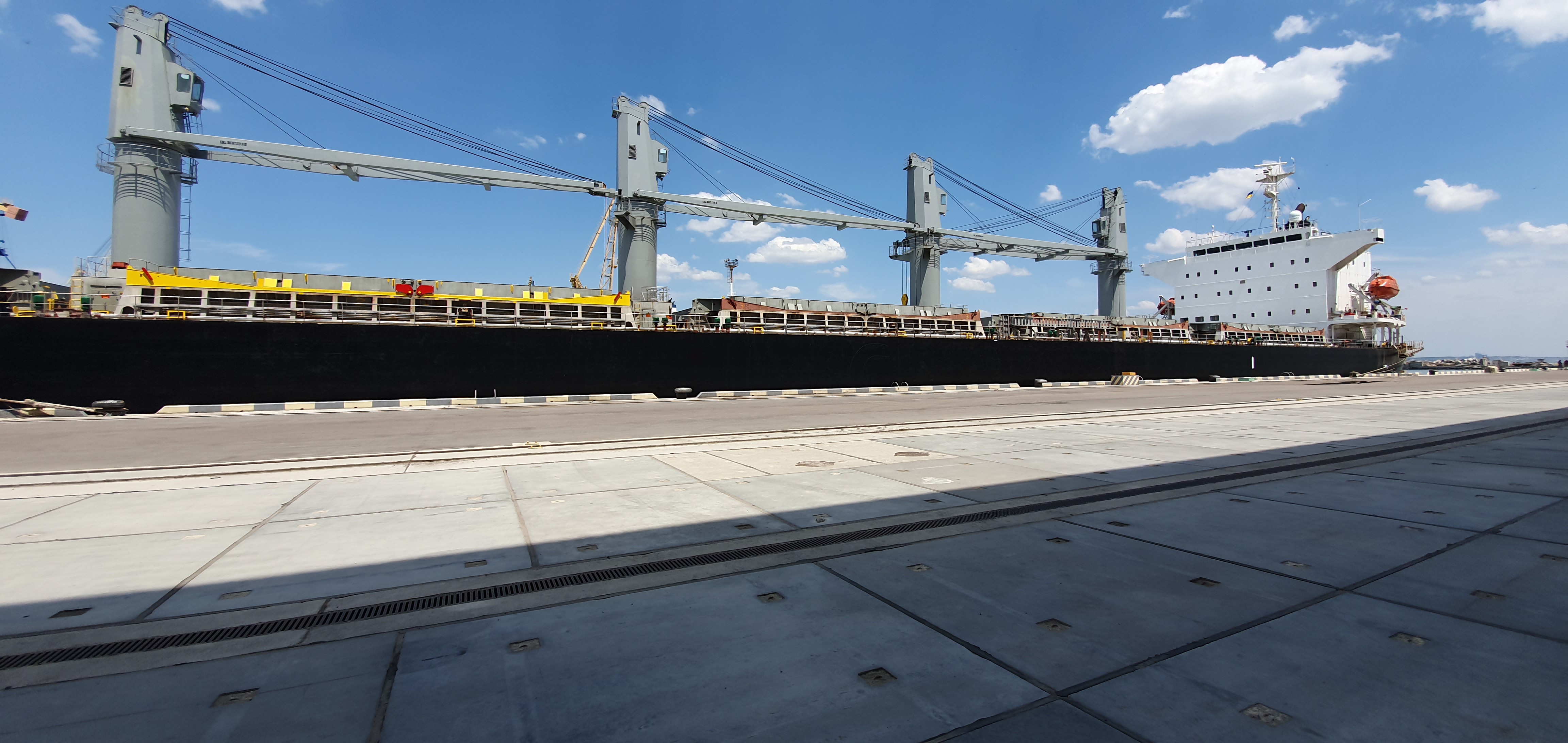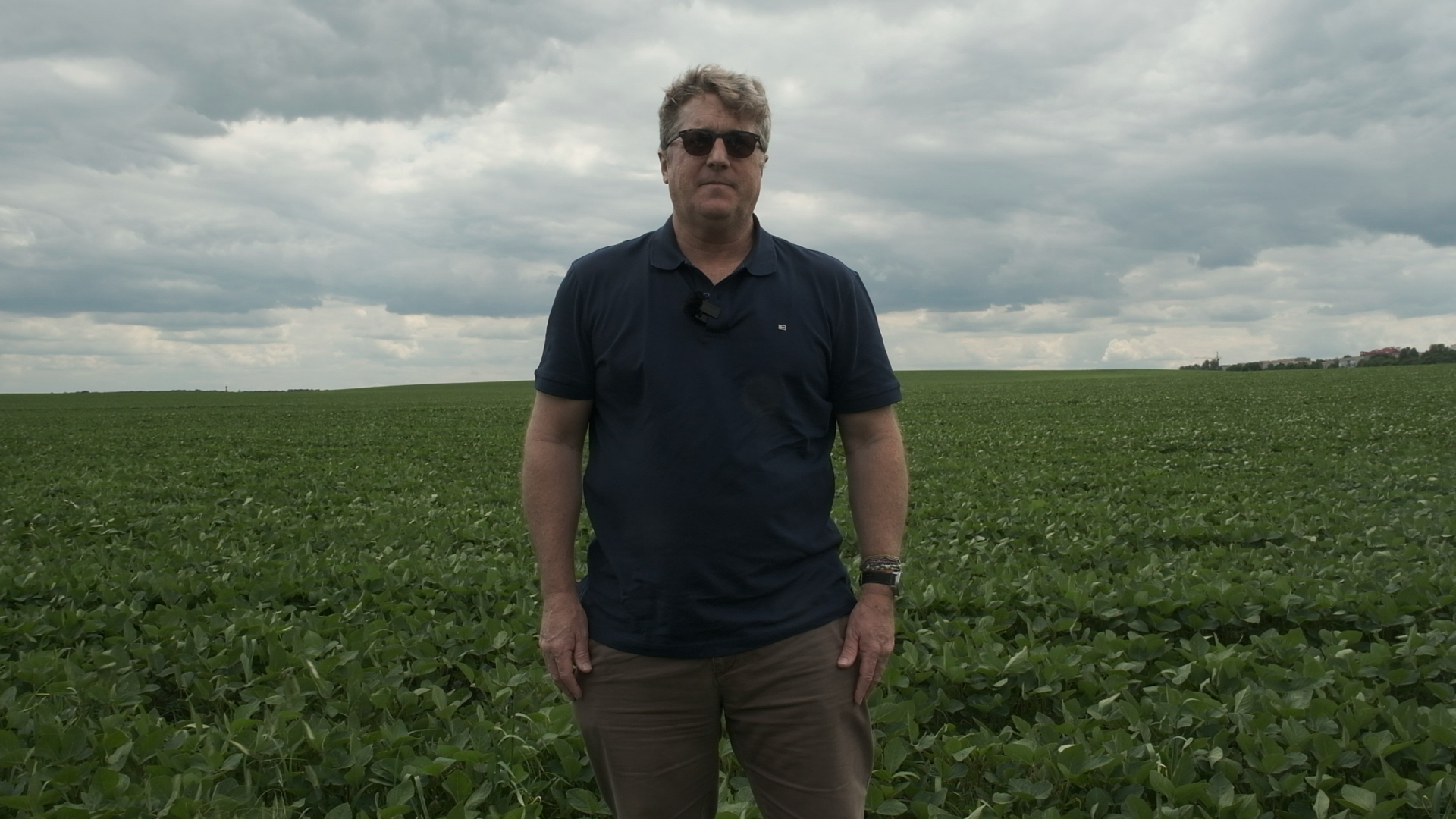WAR IN EUROPE
Africa risks becoming the greatest casualty of Russia’s war in Ukraine

Ukraine supplies a tenth of global wheat exports and about 95% of those exports left the country through the Black Sea ports. Russia has blocked the export of millions of tonnes of grain from these ports. The failure to open these ports could result in famine in parts of Africa.
Large parts of Africa face an “unprecedented food emergency” in 2022, according to the World Food Programme.
Ukraine and Russia account for around one-third of the world’s grain supply, and Ukraine was projected to produce more than 80 million tonnes of grain in 2022 — at least, before the war. Ukraine has also routinely supplied over half of world exports in vegetable oil.
These are staple products, and when prices go up, the poorest are always the most vulnerable.

The damage caused to the bridge west of Odesa over the Dniester estuary by Russian missiles has closed this route for export, with 4.5 million tonnes of grain now backed up in Ukraine’s Black Sea ports. (Photo: Ukrainian Ministry of Defence)
Since the Russian invasion of 24 February, wheat prices have increased by more than a third. In South Africa, for example, maize prices are up by over 40%, and vegetable oil prices by 75%.
In Ethiopia, food prices rose over 40% in April compared with the same month the previous year. The IMF forecasts that consumer prices will rise by around 12% in sub-Saharan Africa this year — the highest rate in almost two decades.
Food spending
Higher food prices could spark unrest, especially in poorer countries where food counts for a significant part of daily spending. Across much of Africa, more than a third of income is spent on food; in the United States, food expenditure is just 6% of income.

The complex of ports near and in the Black Sea city of Odesa handle as much as 200 million tonnes of grain annually. (Photo: Odesa Town Hall)
According to a World Economic Forum survey conducted pre-Covid, Nigerians spend over half of their daily income on putting food on the table, with Kenya, Cameroon and Algeria not far behind.
Africa is already grappling with a rapidly increasing population and, in some areas, the worst drought in a generation.
Before the war, Russia and Ukraine accounted for a double-digit share of wheat imports in more than 20 sub-Saharan African countries, from Madagascar to Nigeria. Kenyans and Somalis obtained nearly all of their wheat from these sources.
The war in Ukraine has created significant shocks.
Millions at risk of hunger
Across East Africa and parts of the Horn, as many as 20 million people could go hungry in 2022, according to the UN’s Food and Agriculture Organization (FAO), and perhaps double this number in the Sahel and West Africa.
Among the worst hit are those already in a state of conflict — or failure.

Among the ships currently blockaded in Odesa’s grain terminal, carrying nearly 160,000 tonnes, more than half of which is grain (Greg Mills)
The impact is most keenly felt in Somalia, a country wracked by an Islamist insurgency group that has rendered much of its territory ungovernable. The UN has warned that 330,000 children in Somalia could die from starvation this year as a consequence. With no significant wheat harvest of its own, the Somali situation risks a repeat of the famine a decade ago that killed around a quarter of a million people.
Today, nearly half of Somalia’s 17 million people are under the age of 15. Already nearly eight million people are determined to be in need of humanitarian assistance.

Fields of dreams at Ternopil. (Richard Harper)
And yet aid has been slow to arrive, given financial demands elsewhere, not least in war-torn Ukraine.
Ukraine supplied more than a third of Ethiopia’s grains before the war. Africa’s second-most populous country is locked in its own bitter civil war, leading to domestic wheat production falling.
African response
The African response, too, has so far been weak. Macky Sall, the president of Senegal and head of the African Union, visited Moscow this June where he reportedly told President Vladimir Putin that African countries were innocent victims of the war. Sall repeated the Russian narrative which stipulates an end to sanctions in exchange for opening trade routes.
Since then, however, the Russian navy has been given orders to lay mines at the ports of Odesa and Ochakiv, and has already mined the Dnieper River, according to declassified US intelligence. And there is evidence that Russia has turned its weapons on Ukrainian food storage facilities.

Ukraine is not just fighting for its survival and independence, but also for others. (Greg Mills)
Ukraine supplies a tenth of global wheat exports and about 95% of those exports left the country through the Black Sea ports. Russia has blocked the export of millions of tonnes of grain from these ports.
The failure to open these ports could result in famine in parts of Africa.
Before the war, Ukraine exported more than five million tonnes via these ports each month. Today, it exports less than a quarter of this amount by road and rail to ports such as Gdansk in Poland, 1,300km away from Kyiv on the Baltic Sea.
Russia and responsibility
Russia refuses to accept this logic of famine and its responsibility.
In June, Russia’s United Nations ambassador walked out of a Security Council session after the European Council president blamed Russia for the weaponisation of food — something Charles Michel described as a “stealth missile” against the developing world.
Ukraine’s government has warned that unless this situation changes, as much as 75 million tonnes of grain could be stuck in Ukraine by the autumn.
There are already more than 20 million tonnes in Ukrainian silos, even though some of this has been stolen by Russian occupiers, with as much as 500,000 tonnes — worth $100-million — being allegedly loaded on to ships in annexed Crimea.
For Africa, this war comes on the back of a region already stressed by Covid, its own conflicts and climate change. With the increasing cost of African debt and donor diversion, this risks a “perfect storm within a perfect storm”, as the director of the WFP has observed.
Trade routes
There are three ways to re-establish these trade routes and avoid a humanitarian disaster in both Ukraine and across Africa, partners in the promotion of free trade and freedoms.
The first is by foreign navies guaranteeing the safe passage of Ukrainian grain from the Black Sea ports, similar to the convoys that protected the flow of Gulf oil. This would have to be coupled with the development of alternatives, including the rail link with the Polish port of Gdansk.

The damage caused to the bridge west of Odesa over the Dniester estuary by Russian missiles has closed this route for export, with 4.5 million tonnes of grain now backed up in Ukraine’s Black Sea ports. (Photo: Ukrainian Ministry of Defence)
Second, Ukraine could be helped to defend sea lanes from Russian attack. This requires a steady flow of anti-ship weaponry, which will ensure that Russian vessels are forced to stand off even further from the Ukrainian coastline.
And third, the world needs to unite behind peace, which requires a Russian withdrawal — at least to pre-24 February positions.
Russian and Ukrainian war aims
As the Foreign Policy Research Institute has noted, Russian war aims have contracted from conquering Ukraine to expanding the territory of its protectorates in the eastern Donbas region it supposedly went to war to protect. By contrast, Ukraine’s war aims have grown from survival to the recovery of all territory lost to Russia since 2014.
These conflicting objectives seem to lock Russia and Ukraine into a war of attrition with little hope of a negotiated settlement.
Neither side looks like they can lose, but neither looks capable of winning this war, at least in the current order.
The costs of such a stalemate are huge.
A Russian victory — which may only be in the form of the absence of military defeat — could serve as an inspiration for other powers to seize territory or support separatist movements.
Ukraine’s survival — again, even if only in the absence of defeat — could encourage those states embarking on the challenging path to democracy and good governance.
At the broadest level, this war is about this choice — between two different global views, one which rules by military force and the other by democratic values. At the national level, it is about the right of Ukrainians to choose how they are ruled and by whom, for their independence and survival.
If both Russia and Ukraine have few options for strategic as opposed to tactical victory, peace may be inevitable, but probably only in the longer term.
What is needed now is greater African involvement in stopping this war as soon as possible.
As the war threatens to drag on, it is in the interests of Africans to contribute positively to the pressure for peace, not least by opposing politically the imposition of Russia’s new empire and in siding with the hard-earned freedoms of Ukrainians.
Africa must, too, protect its own economic interests and humanitarian circumstances. It should start by working to free trade from Ukraine, including from the port of Odesa.
This is how Africa can choose to put people first. DM
Dr Greg Mills has been in Ukraine. www.thebrenthurstfoundation.org. For the video of his latest research trip, click here.
















 Become an Insider
Become an Insider
And guess where those famine riddled African countries who support Russia will present their begging bowls for aid? And the answer is definitely not “Russia”.